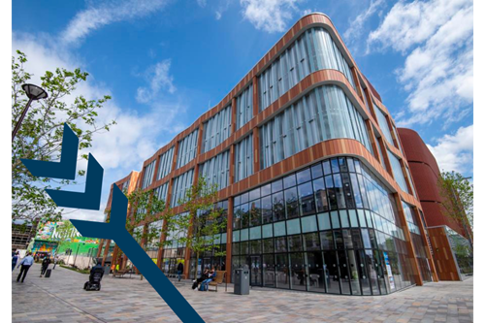Buildings
The CO2 emissions that result from heating and powering our homes makes up around 25% of an individual’s carbon footprint.

Why does it matter?
Most homes in the city are heated by gas, which makes it one of the biggest contributors to the city’s carbon dioxide emissions. Not only do we need to reduce the amount of gas we use in our homes, but we also need to replace gas boilers with low carbon alternatives like electric heat pumps.
This is a BIG challenge in Nottingham, as a lot of the city’s homes are old which makes them more likely to be poorly insulated, draughty, and hard to keep warm.
Shops, offices, and other commercial buildings also pose a challenge as they also produce a lot of CO2 emissions through their use of electricity and heating.
What we’re doing
Nottingham City Council has already made over 4,000 improvements to homes across the city to make them more energy efficient with measures such as new doors and windows, insulation, solar panels, and air-source heat pumps. This means that they are warmer in the winter, cooler in the summer, and powered by carbon neutral renewable energy such as solar power We are continually working on doing more and more
This makes the home more environmentally friendly and also helps residents save money on their energy bills while improving their physical and mental health by living in a warmer home.
We’re also making sure that any new homes are built to a much higher energy efficiency standard, so they don’t need to be improved later.
What can you do?
The carbon footprint of our buildings depends on what they're made of and how we use them. You can get inspiration on how you could reduce your carbon footprint at home or in buildings you work in or visit regularly visit our Water, Energy and Stuff pages.
🛠 Factor efficiency into your renovation projects
If you're planning a renovation project, consider if it would be a good opportunity to install new insulation or upgrade your heating at the same time. Combining works could be more cost effective, limits disruption and means the new work will be future proofed. Even choosing to switch from a gas hob to an induction hob when replacing your kitchen can make a significant difference to your carbon emissions, as well as internal air quality.
🏠 Consider efficiency when looking to buy or rent
If you're looking to buy or rent a new property, make sure to check out the EPC rating to see how energy efficient it is and get an idea of how much it might cost to heat.

